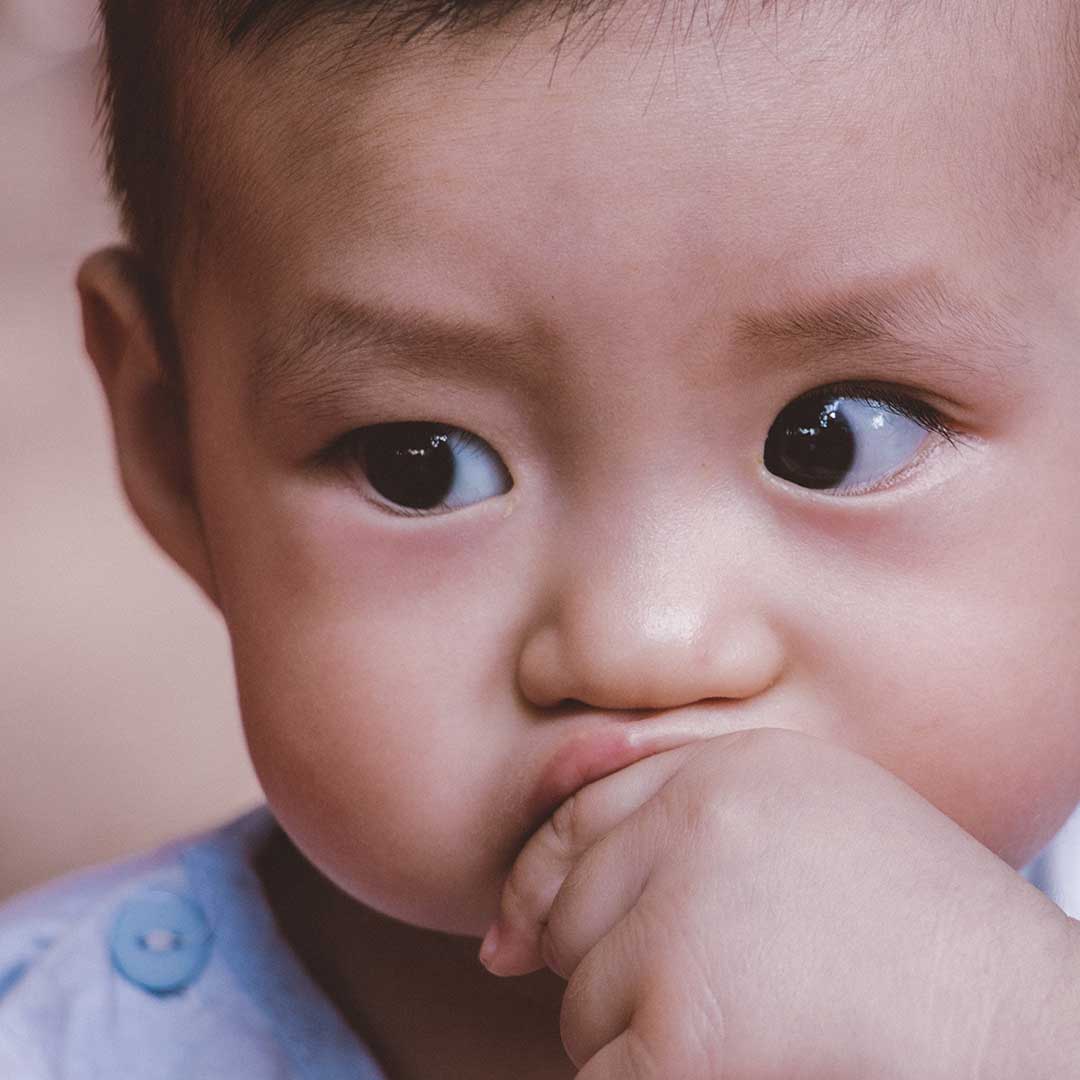At 9 months, your baby is becoming more active, curious, and engaged with the world, but they still need plenty of quality sleep. A consistent routine will help them sleep better at night and take restorative naps during the day. Most 9-month-olds are on a two-nap schedule and sleep between 11-12 hours at night with 3-3.5 hours of daytime sleep.
Sample Baby Sleep Schedule for 9 Months
7:00–7:30 a.m. Wake-up. Nurse/bottle/cup and breakfast.
9:00–9:30 a.m. Start the morning nap. If your child is sleeping eleven to twelve hours uninterrupted at night, he might be able to stay awake until 10:00 a.m. That’s three hours after wake-up. Some children need a small morning snack after the nap.
12:00–12:30 p.m. Lunch with nurse/bottle/cup.
1:00–2:00 p.m. Start the afternoon nap. Snack upon awakening.
5:00–6:00 p.m. Dinner with nurse/bottle/cup.
7:00–7:30 p.m. Bedtime with nurse/bottle (changing to a cup as she gets closer to 12 months old).
Daily Routine for a 9-Month-Old
A structured daily schedule helps regulate your baby’s sleep-wake cycle.
Example Daily Routine:
- 6:30 – 7:30 a.m. – Wake up, milk feed
- 8:00 a.m. – Breakfast (solids)
- 9:30 – 11:00 a.m. – Morning nap
- 12:00 p.m. – Lunch
- 2:00 – 3:30 p.m. – Afternoon nap
- 5:00 p.m. – Dinner
- 6:30 p.m. – Bath & bedtime routine
- 7:00 – 7:30 p.m. – Bedtime.

Nap Schedules & Transitions
By 9 months, most babies have dropped their third nap and are taking two solid naps a day.
How Many Naps Does a 9-Month-Old Need?
- Most 9-month-olds take 2 naps per day.
- The morning nap should last 1-1.5 hours, and the afternoon nap should be around 1.5-2 hours.
- If your baby is taking short naps (under 45 minutes), you may need to adjust wake windows to help them consolidate sleep.
When to Drop to One Nap
The transition to one nap usually happens between 15-18 months, so don’t rush it! If your baby starts fighting one of their naps, try adjusting the wake windows before making any changes.
Wake Windows for a 9-Month-Old
Understanding your baby’s wake windows will help prevent overtiredness and ensure they fall asleep easily.
Typical wake windows at 9 months:
- Morning: 2.5-3 hours
- Between naps: 3-3.5 hours
- Before bedtime: 3.5-4 hours
If your baby is taking short naps or waking frequently at night, check that they aren’t staying awake too long between naps.
How Much Sleep Does a 9-Month-Old Need?
Most 9-month-olds need:
- 11-12 hours of night sleep
- 3-3.5 hours of daytime sleep
- Total: 14-15 hours per day
Babies who don’t get enough daytime sleep often wake more at night due to overtiredness.
Sleep Training & Night Wakings
If your 9-month-old is waking frequently at night or struggling with independent sleep, gentle sleep training may help.
Sleep Training a 9-Month-Old
- Put your baby down drowsy but awake – This teaches them to fall asleep independently.
- Use The Sleep Lady Shuffle – Stay with your baby while they learn to sleep on their own, moving further away every few nights.
- Be consistent – Respond the same way to night wakings each time.
Night feedings at this age are usually a habit rather than a need. If your pediatrician says your baby is ready, you can gradually reduce night feeds.
Bedtime Routine
A soothing bedtime routine helps your baby wind down and prepares them for sleep.
Example bedtime routine:
- Bath or warm wash
- Pajamas and fresh diaper
- Bedtime story or lullaby
- Cuddles and feeding (if needed)
- Put baby in crib awake but drowsy
The goal is to create a calm, predictable routine that signals sleep.
Consistency and Predictability
Young children do need consistency and predictability. Your baby sleep schedule will obviously vary somewhat from one child to the next, and one family to the next. A baby who wakes up at 6:30 a.m. will have a different timetable than one who gets up at 7:30. But this is a good model, so try not to deviate too much. Don’t let the baby stay up too late at night, no matter how much fun he seems to be having.
If you haven’t already helped your baby learn to fall asleep on her own, consider some sleep training. You can find information in our books and online courses. If you need more help, visit the website to learn about our Certified Gentle Sleep Coaches, both online or in-person, all over the world.




